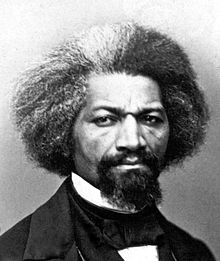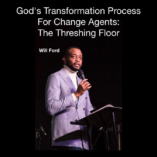In his speech on July 4th, 1848, in addition to blasting the hypocrisy of celebrating America’s independence, when over a million slaves were not free, Frederick Douglas also blasted Prince Hall Freemasonry among Black freeman. He said:
“It cannot be said that we are too poor to patronize our own press to any greater extent than we now do; for in popular demonstrations of odd-fellowship, free-masonry and the like, we expend annually from ten to twelve thousand dollars. If we put forth a call for a National Convention, for the purpose of considering our wrongs, and asserting our rights, and adopting measures for our mutual elevation and the emancipation of our enslaved fellow-countrymen, we shall bring together about fifty; but if we call a grand celebration of odd-fellowship, or free-masonry, we shall assemble, as was the case a few days ago in New York, from four to five thousand–the expense of which alone would be from seventeen to twenty thousand dollars, a sum sufficient to maintain four or five efficient presses, devoted to our elevation and improvement. We should not say this of odd-fellowship and free-masonry, but that it is swallowing up the best energies of many of our best men, contenting them with the glittering follies of artificial display, and indisposing them to seek for solid and important realities.
The enemies of our people see this tendency in us, and encourage it. The same persons who would puff such demonstrations in the newspapers, would mob us if we met to adopt measures for obtaining our just rights. They see our weak points, and avail themselves of them to crush us. We are imitating the inferior qualities and examples of white men, and neglecting superior ones. We do not pretend that all the members of odd-fellow societies and masonic lodges are indifferent to their rights and the means of obtaining them; for we know the fact to be otherwise. Some of the best and brightest among us are numbered with those societies; and it is on this account that we make these remarks. We desire to see these noble men expending their time, talents and strength for higher and nobler objects than any that can be attained by the weak and glittering follies of odd-fellowship and free-masonry. We speak plainly on this point, for we feel deeply.”






